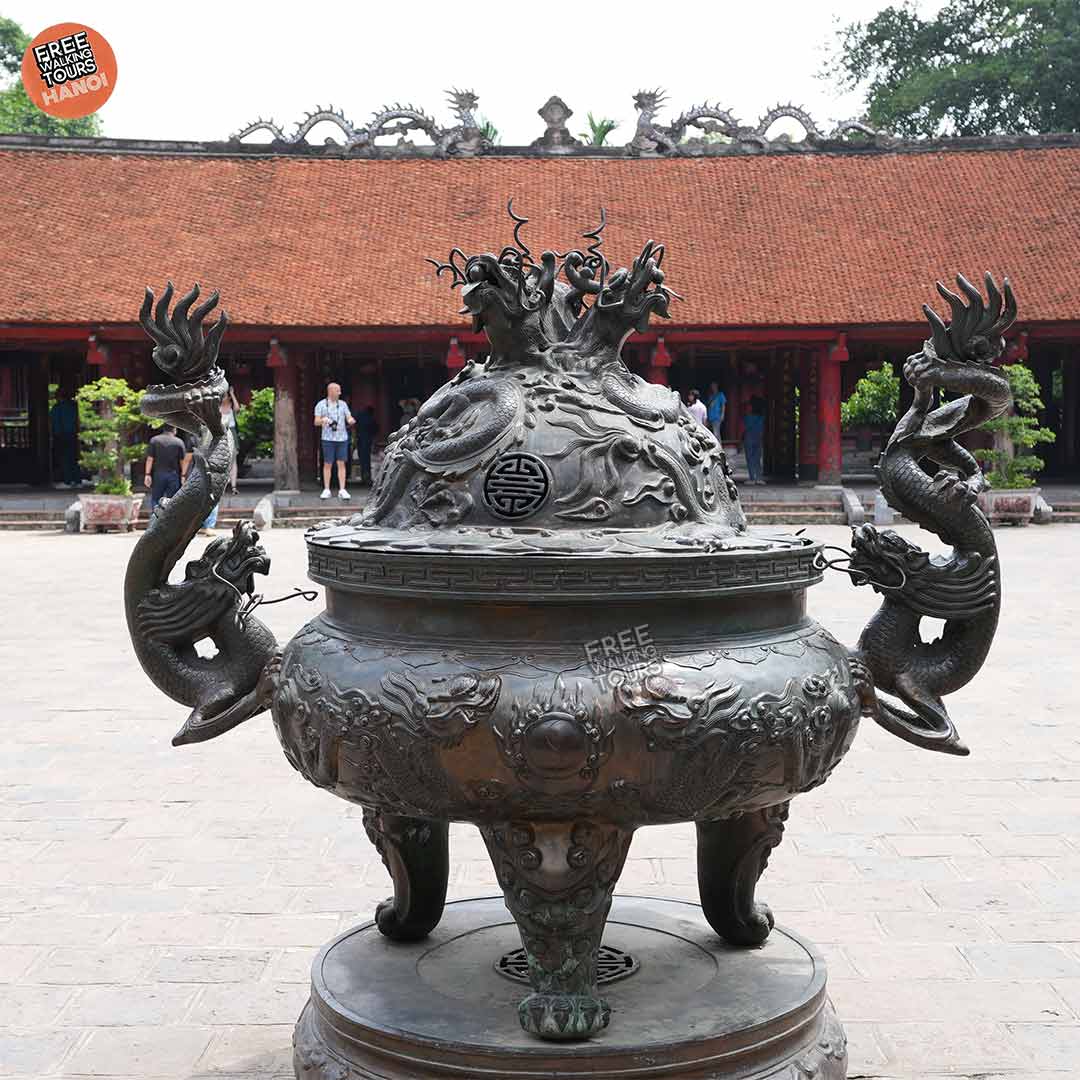The Core Values and Practices of Confucianism
Confucianism is an ancient Chinese belief system based on the teachings of the philosopher Confucius. Developed over 2,500 years ago, it continues to influence Chinese culture and values today. At its core, Confucianism focuses on cultivating virtues like righteousness, integrity, loyalty and filial piety. This belief system also prescribes various practices meant to cultivate personal development and societal harmony.

Cultivating Personal Virtue
A key tenet of Confucianism is constantly striving to become a junzi – an exemplary person who lives with integrity, compassion and wisdom. Confucius taught that individuals should exhibit ren – a virtue that combines benevolence, love and humanity towards others. Those who properly practice ren exhibit the following virtues:
– Yi – Righteousness and integrity even in the face of adversity
– Xin – Honesty and trustworthiness that builds relationships
– Li – Propriety, respect and proper conduct
– Zhi – Knowledge and wisdom to distinguish right from wrong
– Xiao – Filial piety and respect towards one’s parents and elders
Cultivating these moral virtues and conducting oneself with integrity is seen as the pathway to personal development and enlightenment.
Harmony in Relationships

Confucianism heavily focuses on cultivating harmony in five key relationships. These include relationships between:
– Ruler and subject
– Father and son
– Elder brother and younger brother
– Husband and wife
– Friend and friend
Each party has obligations and responsibilities to promote social harmony. For example, subjects should be loyal and obedient while rulers should be benevolent and caring. Filial piety considered a fundamental virtue – grown children must exhibit utmost respect, obedience and care to parents and elders. Harmonious family relationships are seen as the basis for a stable society.
Importance of Rituals and Tradition
Confucianism stresses the performance of various rituals as ways to cultivate virtue and ensure social order. These rituals include:
– Ceremonies and sacrifices to gods, ancestors and cosmic powers
– Rites of passage like weddings, funerals and birthdays
– Recitation of classical texts
– Traditions like ancestral worship

Such rituals instill a sense of cultural identity and continuity between the past and present. Carrying on musical, literary and cultural traditions of the past is really vital. As Confucius said “I transmit but do not innovate; I am sincere in what I say and devoted to antiquity.” This strong focus on transmitting ancient traditions continues to permeate Chinese culture today.
A Lasting Influence
While originally developed during the Spring and Autumn period in Chinese history (770 BC – 476 BC), Confucian teachings would later be adopted as the official state philosophy during the Han Dynasty around 200 BC. It would remain central to Chinese education and governance for the next 2,000 years. While communist revolutionaries criticized its feudal elements after the formation of the People’s Republic of China in 1949, Confucian ideology still underlies much of Chinese culture and morality today.
Its lasting influence rooted in flexible teachings that equate personal virtue and self-cultivation with social harmony and good governance. Just as personal morality strengthens families and friendships, governmental morality is essential for a just, peaceful and prosperous society. At a time when many societies face division and governance challenges, the moral teachings of Confucius seem more relevant than ever.
If you are in Vietnam and interested in discovering more about Hanoi – the capital and its significance, we invite you to join us at
Free Walking Tours Hanoi. We’ll take you across the building, and provide you with a unique perspective of the city.
Book now and don’t miss out on this amazing experience.




